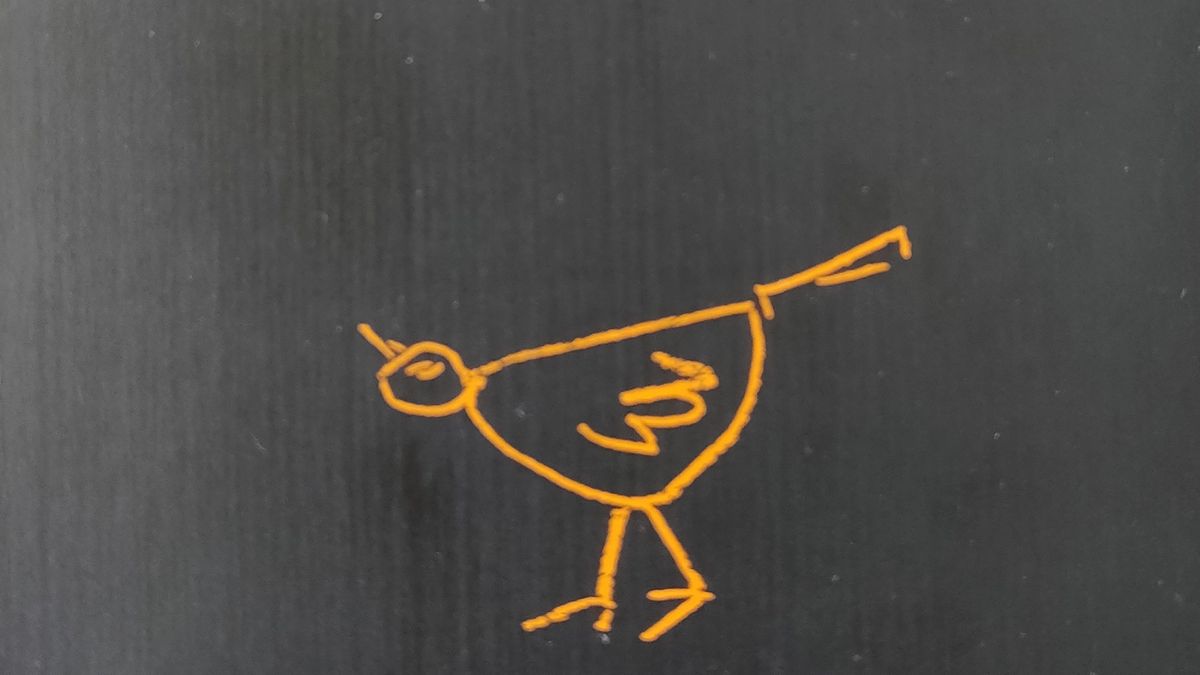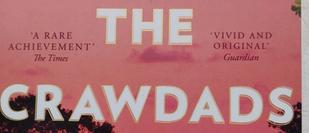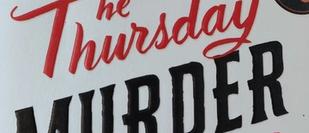
To Kill a Mockingbird by Harper Lee
Every now and then a book comes along that has a personal meaning. It could be represent a part of your life, be a gift from a loved one or be a novel that elicits powerful emotion. In the case of To Kill a Mockingbird, it is all 3.
During my difficult teenage years (I was a goth, and spent a lot of time in my room wearing black and listening to the Sisters of Mercy!), I fell out of love with reading. I don't know why but one day I just stopped. My Sister seeing this began to buy much loved classics for birthdays and Christmas and the edition I have now of To Kill a Mockingbird, is the edition I still read, well thumbed and beloved. So back then, I began to half heartedly read it, and was quickly hooked. I then began to feel something about the story I was reading, a growing sense of anger at the unfairness of it all. From there, I became curious and read the wonderful 'I know why the Caged Bird Sings' and just like that my love of reading had returned and it was all down to this book.
Set in 1930s Alabama, the novel is split into 2 parts and follows the childhoods of Scout and Jem Finch who live with their father Atticus. The first part is a wonderful narrative of a childhood. We witness the children's obsession with Boo Radley, the reclusive next door neighbour. We also meet the other characters of Maycomb County, the different families and what it means to be a Finch or a Cunningham. The second part concerns the trial of a black man, Tom Robinson, accused of raping a white woman and whom Atticus is defending. It becomes clear that in no way could Tom have committed the crime but in a time of prejudice and hypocrisy, Atticus is fighting with both arms tied behind his back.
The novel is powerful and truly wonderful for many different reasons. It is a story of childhood and awakening. Scout is delightful - a tomboy who has an inbuilt sense of justice. But, for me, some of the most powerful scenes involve Jem. Jem believes that good will triumph, he believes in the law and justice. Yet we witness the painful shattering of all that Jem holds true, when prejudice has its victory and Jem's core values are truly shaken. It is emotional and heart breaking to read.
Atticus remains one of the the best characters ever written. Fathering the children alone, he passes on his true sense of right and encourages the children to 'walk around in someone's shoes' and see life from their perspective. This is demonstrated beautifully when the children encounter the elderly Mrs Henry Dubose who always has an unkind word for them. When Jem snaps, Atticus makes the children read to Mrs Dubose for one whole month. They hate this trial, but it gradually becomes easier and Mrs Dubose's outbursts less frequent. Only when she passes away does Atticus let the children know that she was an opioid addict and how she confided to Atticus that she wished to be free of her addiction before she passed on. The children's reading helped her through the painful withdrawal process and that someone who appeared so weak demonstrated great inner strength.
The trial of Tom Robinson exposes the prejudices of the town. Tom's wife and the Black community are harassed, Atticus is abused in the street. Yet he defends his client 100%. When all is bleak, the novel seeks to remind us that there are people who do have goodness in their heart. It is no happy accident that Atticus is chosen to defend Tom rather than the usual Defence Attorney and how his actions and holding the mirror up, will make people pause for a second and think about their actions. There truly is a sense of quiet revolution. At times, it is very distressing to read and I would question how far we have actually come?
The book deserves its placing in the Top 10 of the BBC Big Read, it is in my Top 10 also. It is marvellous and heartbreaking, warm and funny and with many important questions that still need to be answered. Especially today.



